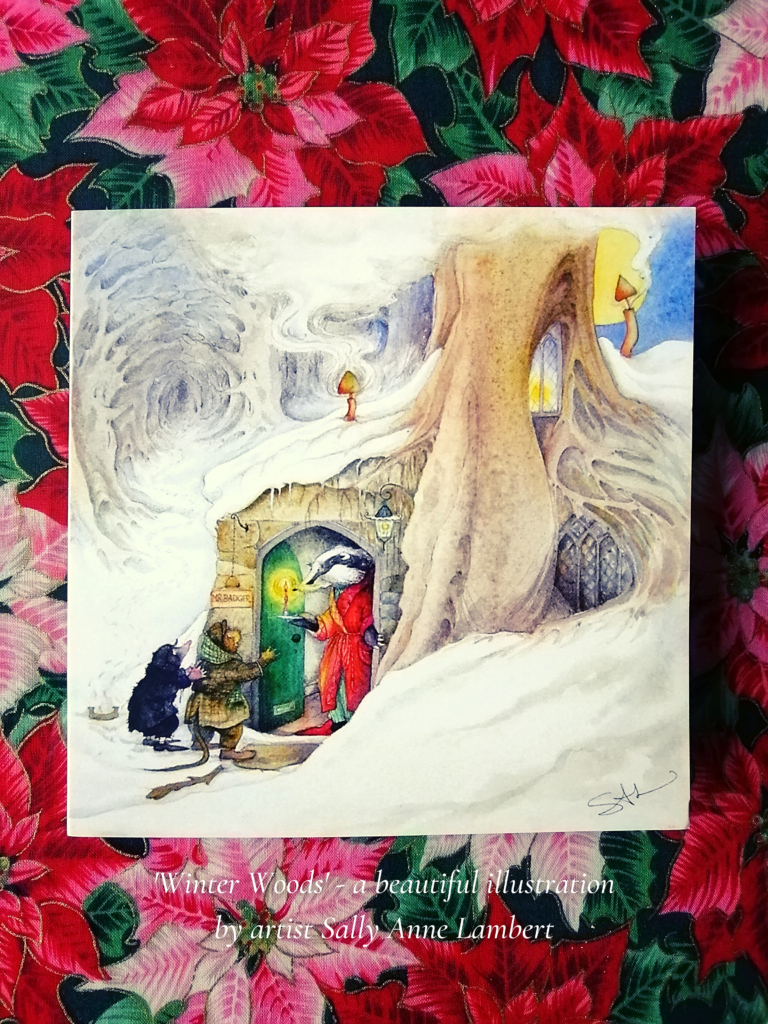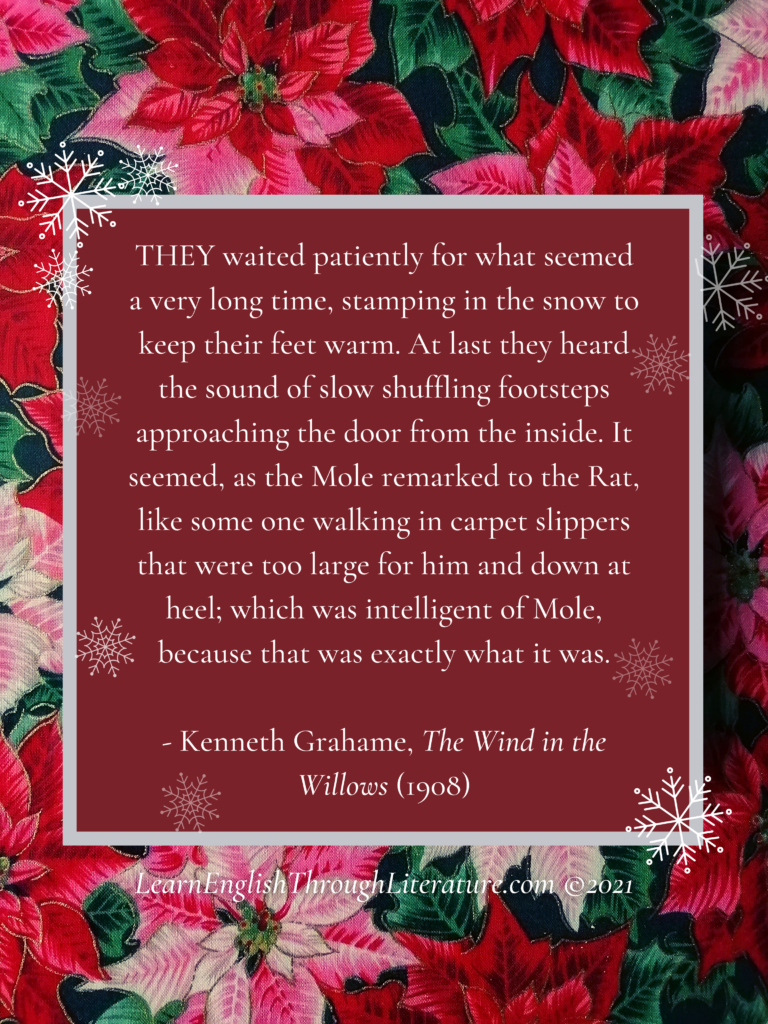Lesson #178: Different Forms of the Verb ‘To Know’ in Charles Dickens’ ‘Our Mutual Friend’
📗 He knew his power over her. He knew that she would not insist upon his leaving her. He knew that, her fears for him being aroused, she would be uneasy if he were out of her sight. For all his seeming levity and carelessness, he knew whatever he chose to know of the thoughts […]




